The Ultimate Guide to Boating Safety Tips
We could all use more boating safety tips when we’re out on the water. Sure, boating is supposed to be fun, but you can’t have fun if you’re not being safe. The statistics for boating accidents are still too high every year, which means we’ll keep sharing boating safety tips as long as possible.
There are boating safety courses you can take but clearly they are not enough. Even if you took a boating safety course in the past, it never hurts to have a refresher. Let’s go over some safety tips for keeping your watercraft and passengers safe and secure.
This is not an exhaustive list, but it is a good start. Not all tips apply to all boaters. But too many boaters suffer accidents every year because these tips are not followed. Just remember to be safe and be responsible.
Basic Boating Safety Tips
There are a few steps you can take to ensure boat safety. These can prevent things like passengers going overboard and boating deaths. Many of these are common sense but some may be a surprise.
Essential Safety Gear
Regular gear checks are essential to ensure that you not only have the proper safety gear but that it’s also in good working condition.
Life Jackets
- Always make sure you have safety gear before you get on the water. Double check that you have at least one life jacket for every passenger.
- Make sure the life jackets and flotation devices are in good condition. That means no rips and tears.
- Passengers should all try on their life jackets to ensure proper fit. They should know how to put them on and take them off. An ill-fitting life jacket could be a safety hazard. Younger passengers should be wearing their life jackets at all times when on board.
First Aid
- Check your first aid kit. Make sure it has all the items inside that it requires.
- Update your first aid kit as needed by replacing used items and rotating out old or expired ones.
Fire Extinguisher
- Check the fire extinguisher regularly. Depending on the size of your boat you may require more than one.
- Make sure it is U.S. Coast Guard approved. Check the date to ensure it is still in good working order.
Sound Signaling
- Test your sound signaling device regularly to ensure it’s in proper working order.
Lights
- Check the boat lights regularly. Navigation lights are essential for safe boating. Replace any that have burned out.
Communications
- Consider packing a cell phone in a waterproof bag.
- Bring along a mirror for emergency signaling and duct tape to patch leaks.
- Make sure your radio is working.
Extras
- Make sure you have a bailing bucket as well as oars if necessary. A heaving line and an anchor are also important.
Do a Quick Safety Check
Anytime you’re about to head out, do a walk through of your boat.
- Check the engine and bilge. Looks for leaks or the smell of fuel.
- Make sure you have adequate fuel for your trip.
- Open all the hatches after refueling your boat. Let them air out for at least a few minutes. If you smell fumes, you may need to track down a leak.
- Fumes and carbon monoxide can build up in any small, enclosed spaces. Check under the tarp when you first uncover the boat. Look for blocked exhaust ports.
- Make sure passengers know where carbon monoxide can build up. Also, the signs of carbon monoxide poisoning, just in case.
Safe Boating Behavior
Don’t drink and boat
- Alcohol is the leading cause of deadly boating accidents. If you plan to drink, you need to have someone who can take over. Have a family member or other passenger stay sober who can handle your vessel.
Pay attention
- You need to make sure you’re staying alert on the water. A lot of boaters can be easily distracted if they’re with friends and partying. You need to be responsible above all else.
- Follow the Rules of the Road. Be aware of other boats. Be aware of any light or sound signals.
- Operate the boat at safe speeds.
- Always keep an eye on those in the water. Water skiers and swimmers can vanish from sight in the blink of an eye.
- Watch out for larger vessels, swimmers, and buoys. Make sure you are up to date on what different signal lights and sounds mean.
- Make sure passengers are following rules. Everyone needs their PFD. Don’t let passengers sit on railings or other unsafe places.
Designate an assistant skipper on board
- This should be someone who can manage all operations of the boat in case of an emergency. It’s never a bad idea to have a back up, just in case.
Know what’s safe and what isn’t
- Make use of a kill switch or cut off switch. Something that will shut off the engine in the event of an emergency.
- Make sure passengers and swimmers know to avoid the engine. The propeller on an outboard can cause serious injuries.
Plan Ahead
Float plans
- Make up a float plan before heading out. Leave it with a friend or family member. A float plan details where you’re heading out from. Also where you’re going, and how you plan to get there. It should include details like length of time for the trip and safety gear on board. This could be important info for the U.S. Coast Guard in an emergency.
Use a pre-departure checklist
- This will ensure you have taken stock of everything you need before heading out. That way you won’t be met with any surprises out on the water.
Check the weather
- It’s good to get in the habit of knowing the forecast ahead of time. If the weather is calling for a chance of a storm, you need to know. Getting caught unprepared on rough seas can lead to disaster. If it looks like it’s going to be a rough day, you can postpone your trip.
Additional Safety Tips
Now that you have the basics down, there are a handful of additional measures that can help enhance the safety of your trip for you and your passengers
Follow Proper Anchoring Procedures
- Having an anchor is important but so is knowing how to use it. Be aware of how to anchor to keep your vessel from drifting.
Boat Capacity
- Your boat is designed to certain specifications. Don’t push the limits in pursuit of a good time. That means not overloading your boat with gear and passengers. It may sound fun to bring a dozen friends out for a trip. If your boat can only handle 10 people, respect that. An overloaded boat is unsafe.
Be Safe Near Docks
- Make sure you are cautious when you dock your boat. Travel at a safe speed and watch the water. Be aware of other boaters and the potential for people in the water.
Take a Boating Safety Course
- Boating safety courses prevent injuries and accidents. The U.S. Coast Guard estimates that upwards of 70% of accidents on the water are caused by boater error. A safety course can dramatically reduce this.
Vessel Safety Check
- Not every boater knows that the U.S. Coast Guard offers a free vessel safety check. The U.S. Coast Guard Auxiliary will perform a free vessel safety check. So will the United States Power Squadrons. All you need to do is call and schedule a time. A certified U.S. Coast Guard examiner will come to your boat and run down the list. It’s a non-stressful inspection and you can’t “fail.” If they discover safety concerns they simply let you know. That way you have the information to change it. From there you can take steps to make you safer on the water.
The Bottom Line
Boating safety doesn’t have to take a long time. It’s really a matter of being educated and prepared ahead of time. Of having the experience and the information you need to stay safe. Once you are prepared and informed, boating safety can become second nature. That way you can focus more on enjoying your boat and your time on the water with friends.
Categories: nauticalknowhow




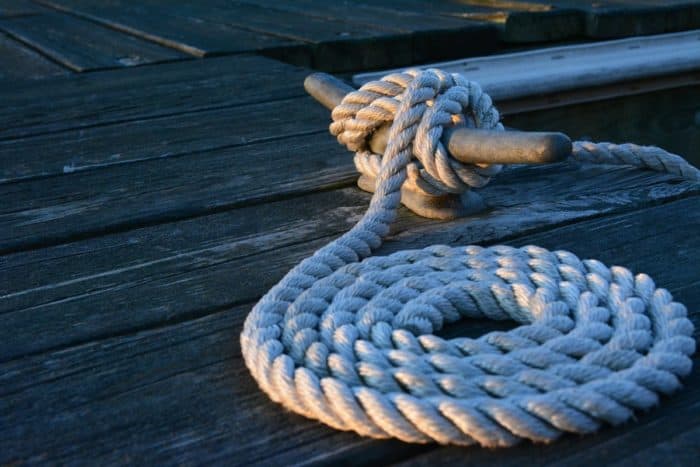
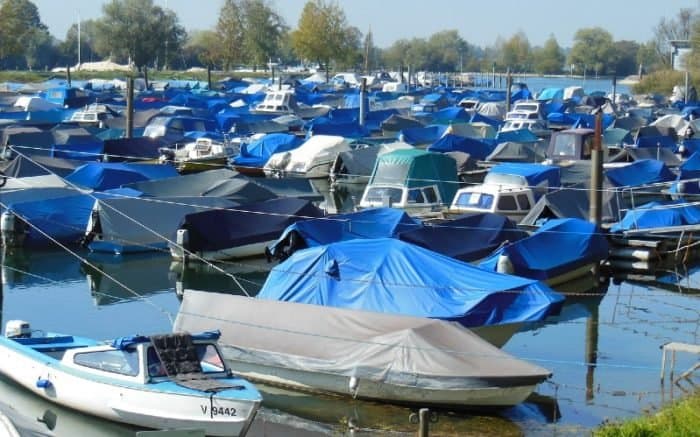
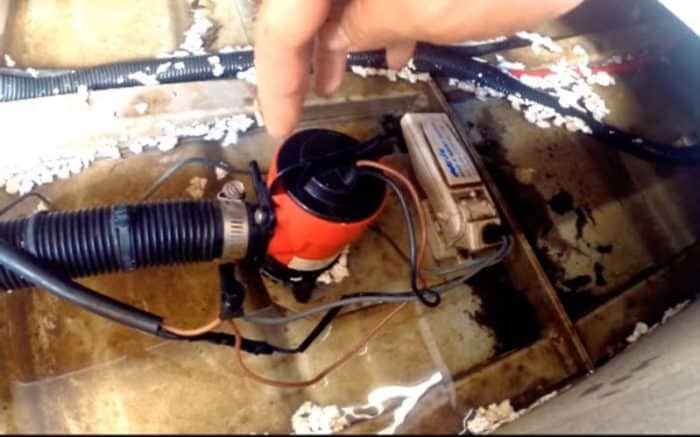
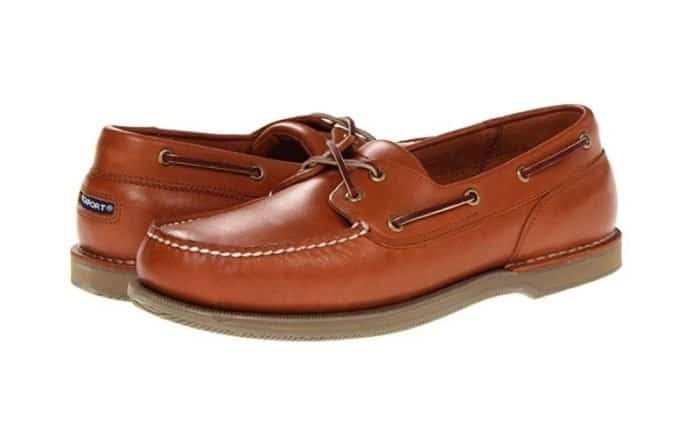




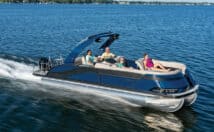
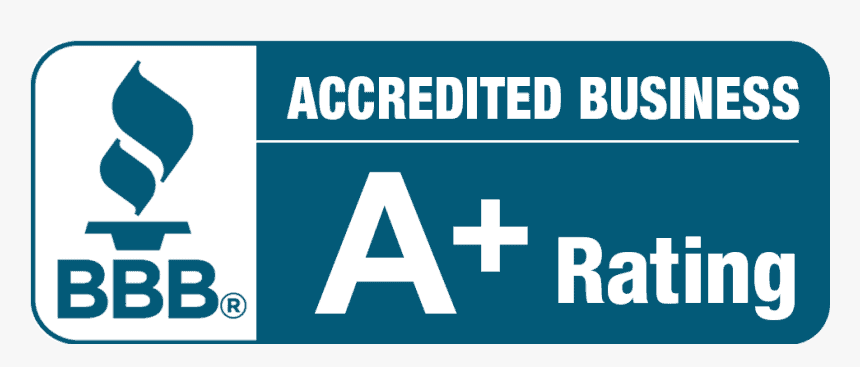


3 Comments
Elizabeth on October 1, 2019
There is no excuse for littering, especially on the water. The litter that you throw into the water can contaminate fish, the water that goes to our cities, and surrounding farmlands. Going out on the boat with your family can be a fun experience that can create many happy childhood memories for your children.
Bob Stevenson on July 31, 2021
In or around 2009 this website posted a Pre-Departure Check List (updated from your 1996 edition) that I thought was so outstanding I have been handing it out to students of our basic boating safety course. The handout showed where the list came from – you folks’ website. Today, in preparation for creating a handout of lists for an upcoming course, I came to your site to see if the Check List had been changed. It doesn’t appear on the website any more. Did you find problems with it? I really believe that was a public service that should be resumed by publishing it here again.
Chris Riley on August 1, 2021
Are you referring to https://www.boatsafe.com/predeparture-check-list/ or something else?